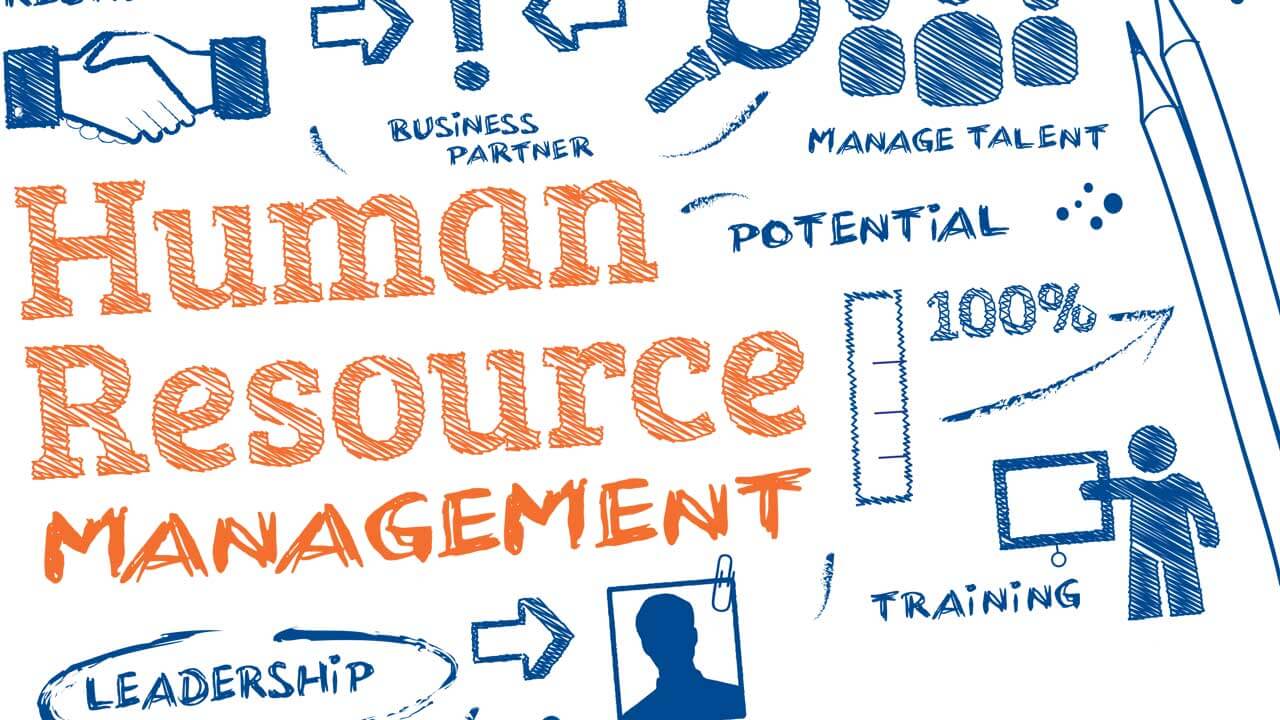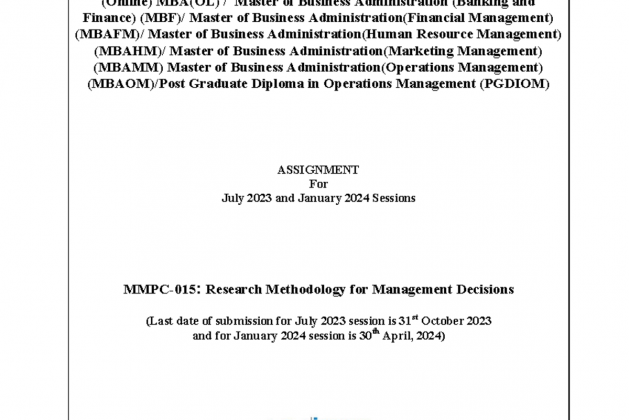Master of Business Administration – Human Resource Management (MBAHM)

Executive Summary

The Master of Business Administration in Human Resource Management (MBAHM) is a professional degree designed to equip individuals with the knowledge, skills, and abilities to excel in the dynamic world of human resource management. This program delves into the strategic, operational, and ethical aspects of HR, preparing graduates to become influential leaders and effective contributors to organizational success. Through a comprehensive curriculum, students gain in-depth understanding of HR principles, practices, and emerging trends, enabling them to navigate complex challenges and make informed decisions that align with business goals. This program caters to individuals seeking to advance their careers in HR, transition into HR roles, or pursue leadership positions in various organizations.

Introduction
In today’s competitive business landscape, human resources plays a critical role in driving organizational success. The Master of Business Administration in Human Resource Management (MBAHM) program provides a comprehensive and rigorous academic experience, empowering individuals to become strategic partners in the growth and development of organizations. This program equips graduates with the necessary skills and knowledge to address contemporary HR challenges, implement innovative solutions, and contribute to a positive and productive work environment.
What is the Master of Business Administration in Human Resource Management (MBAHM)?
The MBAHM is a specialized degree program that focuses on the strategic management of human capital within organizations. It combines core business principles with advanced knowledge in human resource management, providing a holistic understanding of the field. The program encompasses a wide range of topics, including:
- Strategic Human Resource Management: Aligning HR strategies with business goals, developing talent pipelines, and optimizing workforce performance.
- Organizational Behavior: Understanding individual and group behavior in organizations, fostering effective communication, and promoting a positive work environment.
- Compensation and Benefits: Designing and implementing competitive compensation packages, managing employee benefits, and ensuring compliance with labor laws.
- Employee Relations and Labor Laws: Managing employee relations, resolving workplace conflicts, and ensuring compliance with applicable laws and regulations.
- Talent Acquisition and Development: Recruiting and selecting qualified candidates, developing employee skills, and fostering career growth.
What are the benefits of pursuing an MBAHM?
The MBAHM offers a range of benefits, including:
- Career Advancement: The program provides the necessary skills and knowledge to advance your career in HR or transition into HR roles.
- Increased Earning Potential: Graduates of MBAHM programs often see a significant increase in their earning potential.
- Enhanced Employability: The MBAHM provides you with in-demand skills and knowledge, making you a more competitive candidate in the job market.
- Improved Job Security: HR professionals are in high demand across industries, making this a stable and secure career path.
- Leadership Development: The MBAHM equips you with the necessary skills to lead and manage teams, making you a more valuable asset to any organization.
What are the career opportunities for MBAHM graduates?
Graduates of MBAHM programs can pursue a variety of rewarding careers in the field of human resources, including:
- Human Resources Manager: Oversees all aspects of HR within an organization, including talent acquisition, employee relations, compensation, and benefits.
- Compensation and Benefits Manager: Develops and administers compensation and benefits programs, ensuring compliance with regulations and industry best practices.
- Talent Acquisition Manager: Leads the recruitment and selection process, identifying and attracting top talent to the organization.
- Employee Relations Manager: Manages employee relations, resolving workplace conflicts, and ensuring a positive and productive work environment.
- Training and Development Manager: Designs and delivers training programs to employees, fostering their growth and development within the organization.
Strategic Human Resource Management
Strategic human resource management involves aligning HR strategies with overall business objectives to achieve organizational success. This involves:
- Developing a Strategic HR Plan: This plan outlines the organization’s HR goals, strategies, and initiatives to support business objectives.
- Talent Management: This includes attracting, developing, and retaining top talent to meet current and future business needs.
- Performance Management: This involves setting performance goals, providing feedback, and evaluating employee performance to ensure alignment with organizational goals.
- Succession Planning: This involves identifying and developing high-potential employees to fill key leadership roles within the organization.
Organizational Behavior
Organizational behavior focuses on understanding individual and group behavior within organizations to create a positive and productive work environment. Key aspects include:
- Motivation: Understanding factors that influence employee motivation and designing strategies to enhance employee engagement.
- Leadership: Developing effective leadership styles, empowering teams, and fostering a culture of collaboration and innovation.
- Communication: Promoting effective communication within the organization, fostering open dialogue, and addressing potential communication barriers.
- Conflict Resolution: Developing strategies for resolving conflicts effectively, minimizing disruption, and promoting a positive work environment.
Compensation and Benefits
Compensation and benefits play a crucial role in attracting, motivating, and retaining top talent. Key aspects include:
- Compensation Design: Developing competitive compensation packages that align with market trends and organizational needs.
- Benefits Administration: Managing employee benefits programs, ensuring compliance with regulations, and offering a comprehensive suite of benefits.
- Performance-Based Compensation: Implementing performance-based incentive programs to reward high performance and encourage employee motivation.
- Salary Surveys: Conducting regular salary surveys to stay abreast of market trends and ensure competitive compensation packages.
Employee Relations and Labor Laws
Employee relations and labor laws focus on managing employee relations, fostering a positive work environment, and ensuring compliance with relevant legislation. Key aspects include:
- Employee Relations: Developing and implementing policies and procedures to address employee concerns, resolve workplace conflicts, and foster a positive work environment.
- Labor Law Compliance: Ensuring compliance with all applicable labor laws and regulations, including employment standards, workplace safety, and non-discrimination.
- Collective Bargaining: Negotiating with labor unions to reach agreements that address employee concerns and maintain a harmonious working relationship.
- Employee Advocacy: Acting as a voice for employees, representing their interests, and advocating for fair and equitable treatment.
Talent Acquisition and Development
Talent acquisition and development encompasses the entire process of attracting, hiring, and developing employees to meet the organization’s evolving needs. Key aspects include:
- Recruitment: Developing effective recruitment strategies to attract qualified candidates, including online platforms, job fairs, and networking.
- Selection: Implementing a structured selection process to identify the best candidates, including interviews, assessments, and background checks.
- Onboarding: Providing new hires with a smooth transition into the organization, fostering their integration and success.
- Training and Development: Developing and delivering training programs to enhance employee skills, knowledge, and career development.
Conclusion
The Master of Business Administration in Human Resource Management (MBAHM) is a highly valuable degree program for individuals seeking to advance their careers in human resources or transition into HR roles. By providing a comprehensive understanding of HR principles, practices, and emerging trends, this program equips graduates with the knowledge, skills, and abilities to excel in the dynamic field of human resource management. Graduates of MBAHM programs are well-prepared to become strategic partners in organizational success, contributing to a positive and productive work environment.
Keywords
- MBAHM
- Human Resource Management
- Strategic HR
- Organizational Behavior
- Compensation and Benefits
- Employee Relations
- Talent Acquisition
- Talent Development
Eligibility:<
A minimum three-year bachelor’s degree with at least 50% of the possible points (45% for candidates in the restricted category).
Medium of Instruction:
English.


